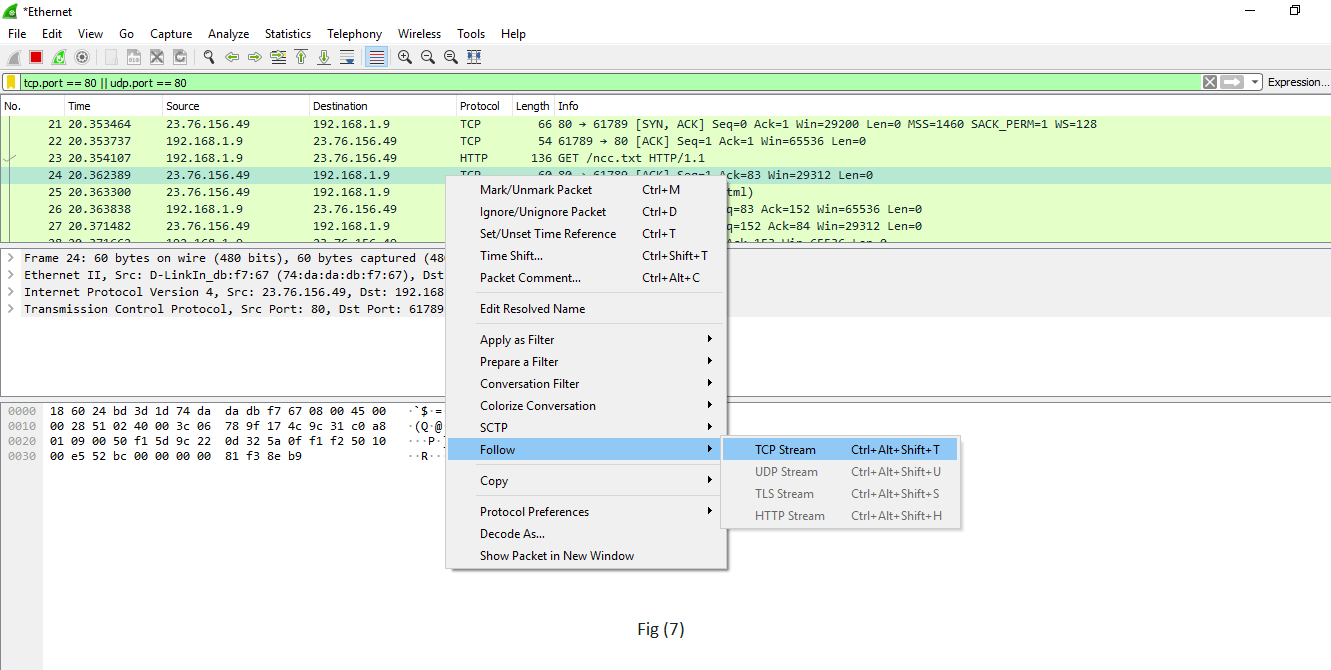
You can select a packet and then look at the packet information in more detail using the Packet Details pane. Each line represents an individual packet that you can click and analyze in detail using the other two panes. Wireshark lists out the networks you are connected to and you can choose one of them and start listening to the network. Here’s how Wireshark looks when you load it. Wireshark has an awesome GUI, unlike most penetration testing tools.
#Wireshark filters ip install
Download and install Wireshark from here. Now let's look at how you can play with Wireshark.
#Wireshark filters ip crack
If someone really wants to crack it, they can. Even though sites with HTTPS can encrypt your packets, it is still visible over the network. This is why it is unwise to connect to a public network like Starbucks and perform financial transactions or access private data. As a malicious hacker (which I don’t recommend), you can "sniff" packets in the network and capture information like credit card transactions. Wireshark lets you ‘listen’ to a live network (after you establish a connection to it), and capture and inspect packets on the fly.Īs a network engineer or ethical hacker, you can use Wireshark to debug and secure your networks. Wireshark, to a network engineer, is similar to a microscope for a biologist. Wireshark lets you capture each of these packets and inspect them for data. Now you can understand the importance of Wireshark. Each data transfer involves thousands or even millions of these packets of data being sent between the source and the destination devices. IPV4 PacketĮach packet contains valuable information about the devices involved in a packet transfer. These packets are re-assembled by your computer to give you the original file. When you download a file from the internet, the data is sent from the server as packets. When data is transferred from one computer to another, the data stream consists of smaller units called packets. Now that you have a solid grasp of the OSI model, let’s look at network packets. If you are interested in learning more about the OSI model, here is a detailed article for you. The below diagram should help you to understand how these components work together. If you are using a browser, it is on the application layer.

Wireshark is a network analyzer that lets you see what’s happening on your network. In this article, we will look at it in detail. Wireshark is the best network traffic analyzer and packet sniffer around.


 0 kommentar(er)
0 kommentar(er)
